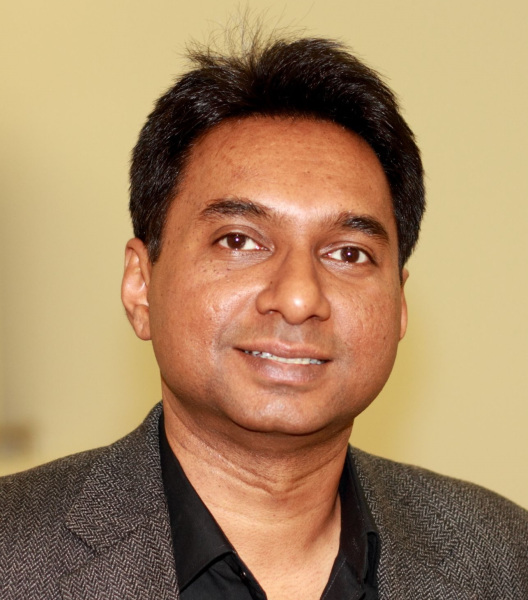Renewable energy is energy produced from natural resources that regenerate themselves without depleting the planet’s resources in less than a human lifetime. These resources, which include biomass, tides, waves, sunshine, wind, rain, and thermal energy stored in the earth’s crust, have the advantage of being accessible in some capacity almost everywhere. They are practically inexhaustible. Even more crucially, they don’t harm the climate or the ecosystem much. In contrast, fossil fuels like oil, coal, and natural gas are only found in finite amounts. They eventually run out as we continue to extract them. Even if they are created by natural processes, their replenishment does not happen as quickly as our consumption of them. More emissions are produced by burning fossil fuels than by producing electricity from renewable sources. The key to solving the climate catastrophe is switching from fossil fuels, which now produce the majority of emissions, to renewable energy. For both people and the planet as a whole, there are other benefits of renewable energy. Renewable energy is eventually becoming more affordable, it is equitable and secure, and it has the potential to create jobs.
The energy sector in Bangladesh is heavily dependent on fossil fuels. Both domestic and imported fossil fuels play a significant role in Bangladesh’s energy production. In 2022, more than 98% of all energy production originated from natural gas, oil, diesel, and coal. Less than 2% of the energy mix is renewables. Over the years, the reliance on fossil fuels intensified. However, the Renewable Energy Policy of Bangladesh, which was introduced in 2008, aimed at harnessing the potential of renewable energy resources and technologies in the country. The policy set a target of meeting 5% of total power demand by 2015 and 10% by 2020 from renewable sources. These targets were never met. There are, however, conflicting targets in governments’ various policies and plans. The Mujib Climate Prosperity Plan was introduced by Bangladesh in 2021 (MCPP) to enhance the nation’s resiliency to climate change. This plan aims to reach 30% renewable energy by 2030 and at least 40% by 2041. In contrast, under the draft Integrated Energy and Power Master Plan (IEPMP), Bangladesh has set a clean energy (renewable and nuclear) target of 40% by 2041. Also, the government’s annual budget documents set different targets. The real picture is that the progress towards switching to renewable energy in Bangladesh has remained very slow and uncertain.
There are several challenges to the expansion of renewable energy in Bangladesh. There is no denying that the viability of renewable energy in Bangladesh will depend on the market price or value of renewable energy, the costs of renewable energy in comparison to other energy resources, and policies to promote renewable energy and environmental goals that increase the costs of using fossil fuels and/or subsidize the costs of renewable energy. In these contexts, wider adoption of renewable energy is hindered by the pressures from the fossil fuel lobbies, ineffective governmental regulations, outdated infrastructure, expensive initial installation costs, a lack of proper battery storage systems, a lack of knowledge and awareness, and a lack of policies and subsidies.
The aforementioned discussion suggests that to transform Bangladesh’s energy systems and speed up the shift to renewable energy in the next decade or so, a few critical actions the country needs to prioritize. In line with the statements of the UN Secretary-General António Guterre, the following actions can be suggested.
First, there is a need to ensure easy access to renewable energy. Renewable energy technology needs to be accessible to everyone and not just the wealthy. Energy from renewable sources, such as solar and wind, can be stored and released when people, communities, and businesses need power thanks to crucial technology like battery storage systems. Due to their special ability to quickly absorb, hold, and re-inject electricity, they aid in increasing the flexibility of the energy system. Additionally, battery storage technologies can offer dependable and less expensive electricity in off-grid settlements and isolated networks when combined with renewable sources. Bangladesh also needs to explore the opportunities for importing renewable energy from neighbouring countries like India, Bhutan and Nepal.
Second, a steady supply of raw materials and component supplies for renewable energy is crucial to have broader access to all the essential parts and resources. In addition, the management of renewable energy wastes is important to create supply chains that safeguard ecosystems.
Third, there is a need to create a level playing field for technologies utilizing renewable energy. Domestic policy frameworks need to be quickly changed to streamline and accelerate renewable energy projects and spur private sector investments. Policies and procedures must be put in place to lower market risk, enable investments, and provide incentives – including by streamlining the planning, permitting, and regulatory processes and avoiding bottlenecks and red tape. The adoption of solar and wind energy technologies can be accelerated by the availability of modern energy transmission infrastructure, clear and strong policies, transparent processes, and public support.
Fourth, the country needs to switch energy subsidies from fossil fuels to renewable energy. One of the largest financial obstacles preventing the country’s transition to renewable energy is fossil fuel subsidies. The cost of subsidizing the fossil fuel industry alone is enormous and includes direct subsidies, tax benefits, and costs for health and the environment that weren’t factored into the pricing of fossil fuels. Subsidies for fossil fuels are unfair and inefficient. Subsidizing renewable energy instead of fossil fuels reduces emissions and has the potential to foster sustainable economic growth, job creation, improved public health, and greater equality, especially for the poorest and most vulnerable people.
Fifth, it is critically important to make considerable investments in renewable energy. There is a need for commitment and accountability, especially from the financial systems, including banks and other public and private financial institutions, which must direct their lending portfolios toward hastening the transition to renewable energy.
Finally, resources must be shifted between competing industrial sectors and political constituencies as part of a sustainable energy transition. As stakeholders in this process have varying degrees of political and economic power, understanding how political and economic factors influence the transition to renewable energy is crucial for formulating effective policies and facilitating the shift to sustainable energy systems.


RECENT COMMENTS